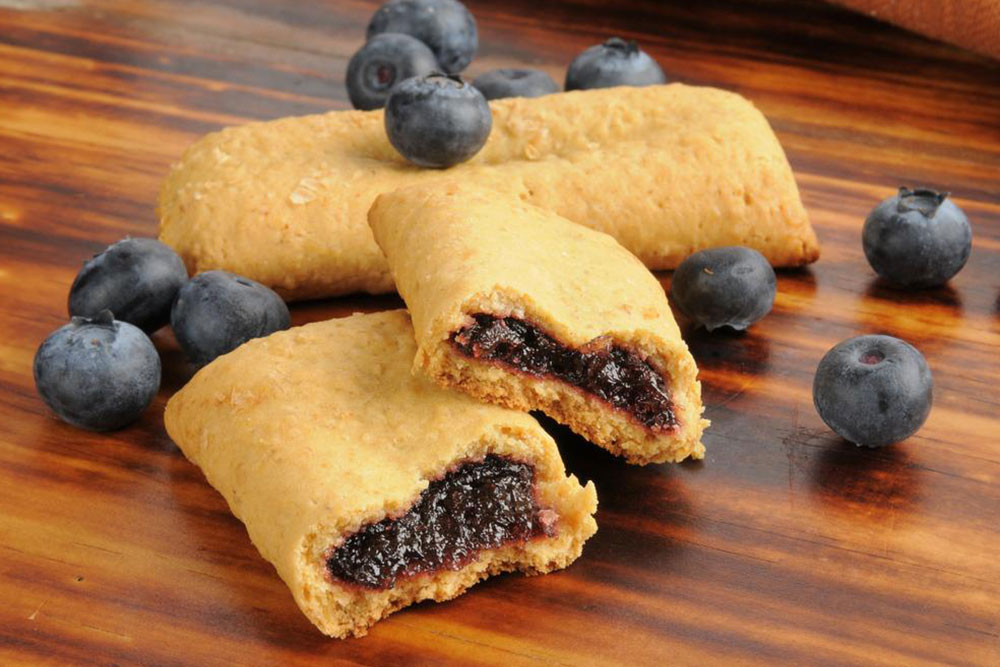
Foods to Eat and Avoid in an IBS-Friendly Diet
Irritable Bowel Syndrome (IBS) is a common disorder of the digestive system. In the United States alone, approximately 10-15% of the adult population suffers from one of the other symptoms of the condition. The common classifications include IBS with constipation (IBS-C), IBS with diarrhea (IBS-D), and IBS with both constipation and diarrhea. Noticeable symptoms include pain in the abdomen, bloating, and discomfort experienced during bowel movements. Note that depending on the type of IBS, the symptoms may vary in intensity and accordingly, a gastroenterologist will prescribe a course of treatment.
Apart from medications and treatments, there are certain changes can be made to the daily diet. This helps you manage mild to moderate symptoms of the digestive disorder right at home. This article can help you understand the common foods to eat and avoid for IBS-C and D relief.
1. Foods for IBS with constipation relief
Constipation interrupts normal bowel movements and severely affects its natural frequency. It is one of the reasons why foods for IBS-C will consist of more fiber, fruits, and healthy carbs.
- Fiber-rich foods
Baked beans, black-eyed peas, lima beans, kidney beans, and sweet potatoes are rich sources of fiber you can add to your diet. A lot of fruits are also excellent sources of fiber, vitamins, and antioxidants to help promote bowel movements naturally. Include more fruits like kiwi, raspberries, blackberries, blueberries, strawberries, pears, plums, and apples. - Prunes and liquids
Dried plums, prunes, and prune juice are rich in sorbitol, a natural compound that helps loosen bowels. Water is essential to help maintain stool consistency and avoid its hardening, so staying hydrated is a must for constipation relief.
2. Foods for IBS with diarrhea relief
In diarrhea, the stools become loose or watery, forcing anyone to pass stools multiple times in a day. It is a result of the intestine not being able to absorb fluids efficiently and the stools become watery due to excess retention. So, for managing IBS symptoms with bouts of diarrhea, the food consumed must be binding and help firm up stools. With diarrhea, it is also important to avoid certain foods so as to not aggravate the symptoms in the future.
- Fiber-rich low-fat foods
Fiber helps bind the stools naturally and reducing fat stops the intestine from absorbing more water. However, for diarrhea relief, it is better to switch to soluble fibers that help boost digestive functions. Good options include white bread, barley, oats, carrots, and citrus fruits. However, avoid the skin of the fruits and eat only the flesh. Bananas and applesauce are the more obvious choices. - Liquids for hydration
Be it constipation or diarrhea, it is important to understand that hydration is extremely important. Instead of just water, you can drink coconut water. It is advisable to avoid carbonated beverages, caffeine, and alcoholic beverages. Drink clear chicken broth or beef broth without the fatty layer to stay hydrated throughout treatment and recovery. - Consume smaller portions
Apart from certain dietary restrictions, it is also advisable to consume in smaller portions to help the digestive system process foods better.



